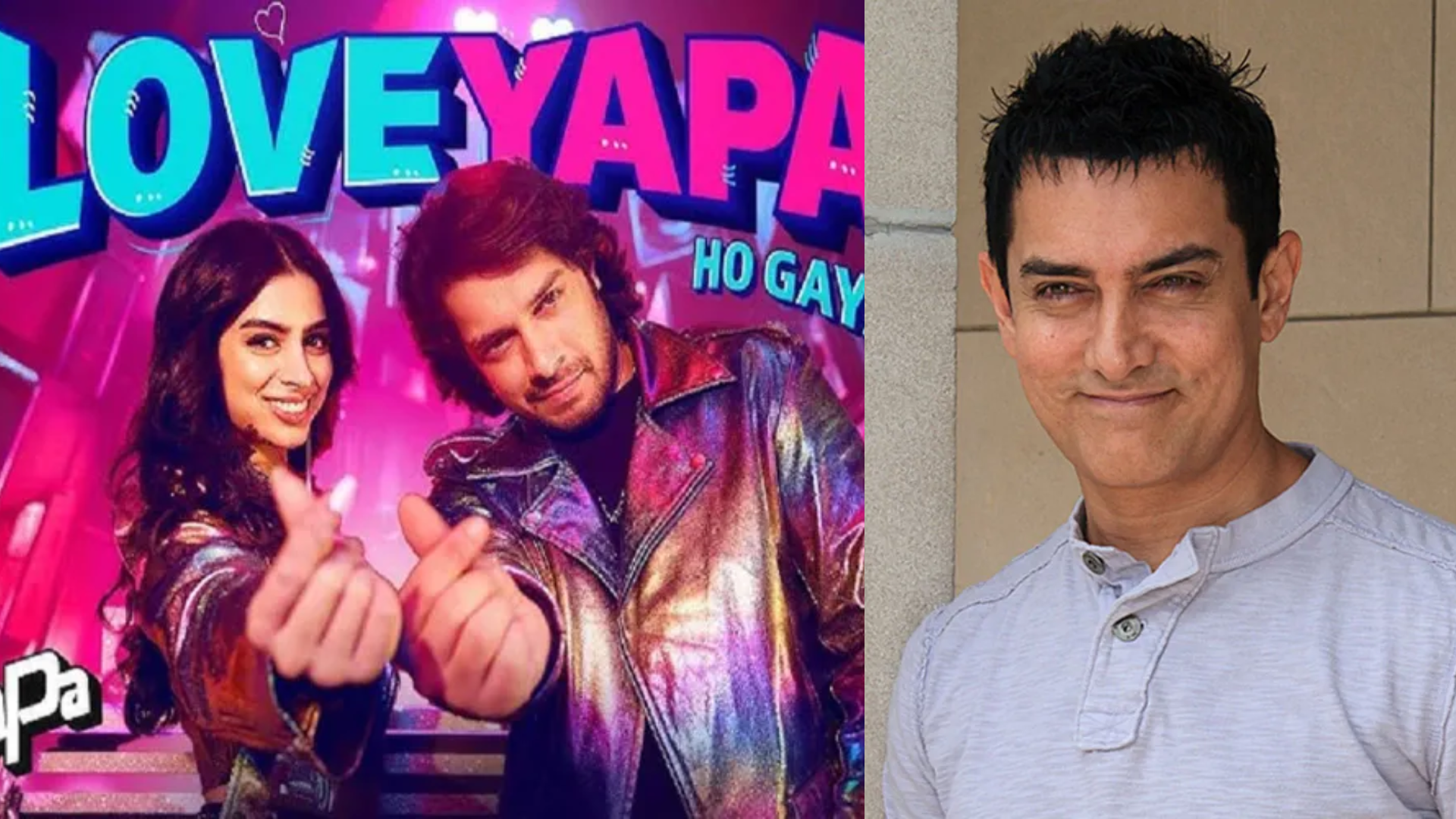Thousands of protesters gathered outside Georgia’s parliament in Tbilisi for the third consecutive night on Saturday, expressing anger over the government’s decision to delay talks on European Union membership. The demonstrations, which have escalated into the largest since the 2020 parliamentary elections, saw violent clashes between protesters and security forces, with over 100 people arrested so far.
Protests Erupt in Georgia Over EU Bid Suspension
The protests erupted following the Georgian government’s announcement that discussions on the nation’s EU membership would be delayed, a decision that has frustrated many citizens of the pro-European nation. EU membership is a widely supported goal in Georgia, a former Soviet republic where EU flags are frequently seen in homes and public spaces.
Demonstrators accused the ruling Georgian Dream party, founded by billionaire Bidzina Ivanishvili, of undermining Georgia’s European aspirations. Anger was palpable as protesters burned an effigy of Ivanishvili on the steps of parliament. “The people of Georgia are trying to protect their constitution, trying to protect their country and the state,” said Tina Kupreishvili, a protester outside parliament. “They are trying to tell our government that rule of law means everything.”
Violent Clashes with Security Forces
Security forces responded forcefully to the protests, using tear gas, rubber bullets, and water cannons to disperse the crowds. Protesters retaliated with fireworks, and flames were reportedly seen in one of the parliament building’s windows. Barricades were erected along Tbilisi’s main avenue, intensifying the standoff.
“I am afraid — I won’t hide it — that many people will get injured, but I am not afraid to stand here,” said 39-year-old Tamar Gelashvili, who spoke near the parliament building earlier in the day.
The Georgian Interior Ministry released a statement condemning the violence. “The actions of some individuals present at the protest became violent shortly after the demonstration began,” it said. “Police will respond appropriately and in accordance with the law to every violation.”
Georgia’s Government Accuses Opposition
Prime Minister Irakli Kobakhidze accused the pro-EU opposition of fomenting unrest, alleging that they were plotting a revolution. Meanwhile, the State Security Service echoed this claim, asserting that certain political factions were attempting to “overthrow the government by force.”
The accusations were dismissed by opposition leaders and protesters, who maintain that the demonstrations are a legitimate response to what they view as the government’s betrayal of Georgia’s European aspirations.
Nationwide Protests in Georgia Reflect Anger
While Tbilisi has been the epicenter of the unrest, protests have also spread to other cities across Georgia. The demonstrations highlight the deep frustration among citizens who feel that their government is steering the country away from its European path.
Georgia has long sought closer ties with the EU, with membership viewed as a step toward greater economic stability and democratic governance. However, critics of the ruling party argue that its actions have jeopardized this goal, fueling tensions between pro-European citizens and a government increasingly accused of leaning toward authoritarianism.



















